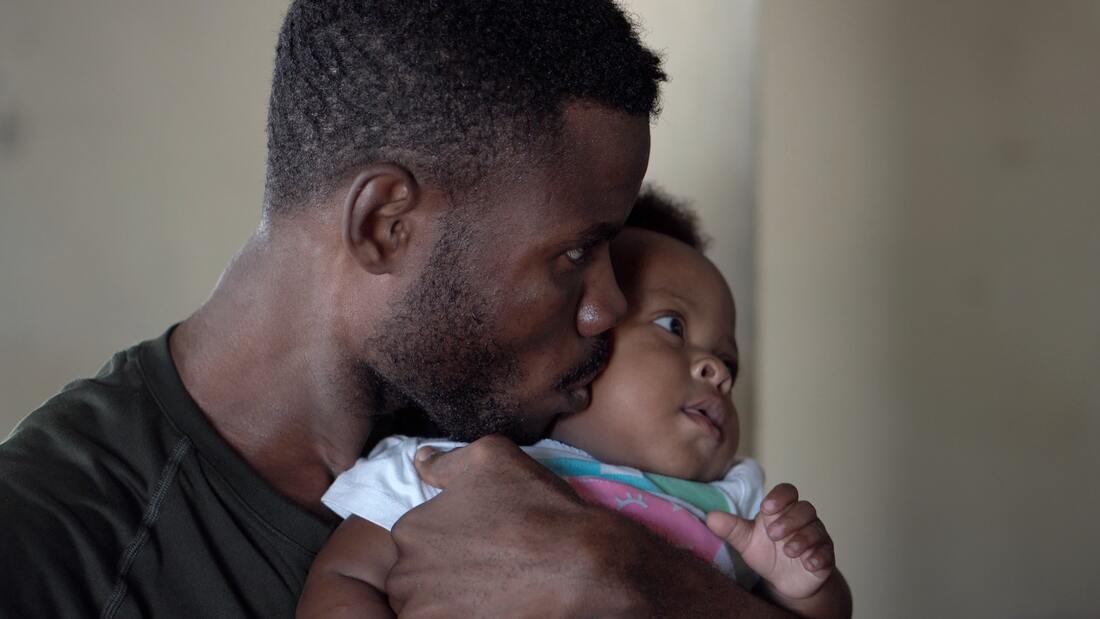 It’s important to keep in mind that sadness and depression are not the same. While we all may become sad at some point in life, depression is a mental health condition. Common symptoms of depression may include sadness for an extended period of time, irritability, sleep difficulties, lack of appetite, and problems concentrating. Given the recent increased rates of suicide among Black youth, it is important to monitor for symptoms of depression in your child. A recent study reported that Black children between ages 5 to 12 had a suicide rate approximately two times higher than their same-aged white peers (Bridge, Horowitz, Fontanella, et al., 2018). During this stressful time period, it is important to look out for warning signs and seek help from a mental health provider to help address concerns with depression or other mental health difficulties. Many providers are offering services via teletherapy or online therapy. The National Institute of Mental Health offers these questions to ask your child to help determine whether they may be experiencing depression:
Warning Signs for Parents to Seek Professional Help Parents have the responsibility to protect their children from all harm. Physical pains are often easier to recognize and treat than mental disorders. Still, it is sometimes challenging to identify when a child is having emotional or behavioral problems at home, school, or with their friends. These related emotional behaviors often leave parents feeling confused and unsure about how to best support their child. In addition to concerns about depression, research suggests that nearly one in six children between the ages of 6-17 is affected by an emotional or behavioral disorder (Whitney & Peterson, 2019). As a parent, you may recognize that something is not right with your child but might have challenges in understanding the mental health signs or knowing what to do next. Because children and teens are still learning how to identify and talk about thoughts and emotions, their mental health symptoms are often behavioral. Each mental health concern has its own specific symptoms, but common symptoms in children and teens may include the following:
By observing these behaviors and listening to your parental instincts, you can voice your concerns and begin the journey of finding and advocating for the professional help your child may need. References: Bridge, J. A., Horowitz, L. M., Fontanella, C. A., Sheftall, A. H., Greenhouse, J., Kelleher, K. J., & Campo, J. V. (2018). Age-related racial disparity in suicide rates among US youths from 2001 through 2015. JAMA Pediatrics, 172(7), 697-699. National Institute of Mental Health (2020). Teen Depression. Retrieved March 25, 2020 from https://www.nimh.nih.gov/health/publications/teen-depression/index.shtml. Turner (2019). Mental Health Among African Americans: Innovations in Research and Practice. Rowman & Littlefield Publishing. Whitney, D.G., Peterson, M.D. (2019). US National and State-Level Prevalence of Mental Health Disorders and Disparities of Mental Health Care Use in Children. JAMA Pediatrics, 173(4):389–391. Originally written by Dr. Erlanger Turner and Dr. Thomas Vance for Successful Black Parenting  Image via Unsplash Image via Unsplash Resilience is the ability to overcome difficulties and adapt to changes in life. For example, many Black kids and their families may have experienced difficulties related to COVID-19 but they have been able to maintain their emotional and psychological health despite these difficulties. Several different types of resilience have been described including psychological, emotional, and community. Black History Month and Resilience Black History Month is an important moment to celebrate the legacy and contributions of Black people to society. Some scholars [1] have described how Black history knowledge (BHK) helps “foster psychological liberation - healthy functioning characterized by a conceptual shift from a narrative rooted only in oppression to a narrative that acknowledges the strengths, accomplishments, and creativity of Black people throughout their history”. Furthermore, BHK can provide Black youth with knowledge of the historical experiences of Black people in America to provide them with a healthier identity and it can help promote resilience [1]. 6 Ways to Build Resilience in Black Youth Although being resilient doesn’t prevent children and teens from experiencing emotional difficulties in the face of negative life events. Research demonstrates that resilience helps to reduce risk and promote healthy development. Below are a few tips from the American Psychological Association.
Written by Erlanger “Earl” Turner, Ph.D. Source: [1] Chapman-Hilliard, C., & Adams-Bass, V. (2016). A conceptual framework for utilizing Black history knowledge as a path to psychological liberation for Black youth. Journal of Black Psychology, 42(6), 479-507. Note: This blog was previously published for Psychology Today |
This blog is maintained by Therapy for Black Kids. Archives
June 2023
Categories
All
|
 RSS Feed
RSS Feed